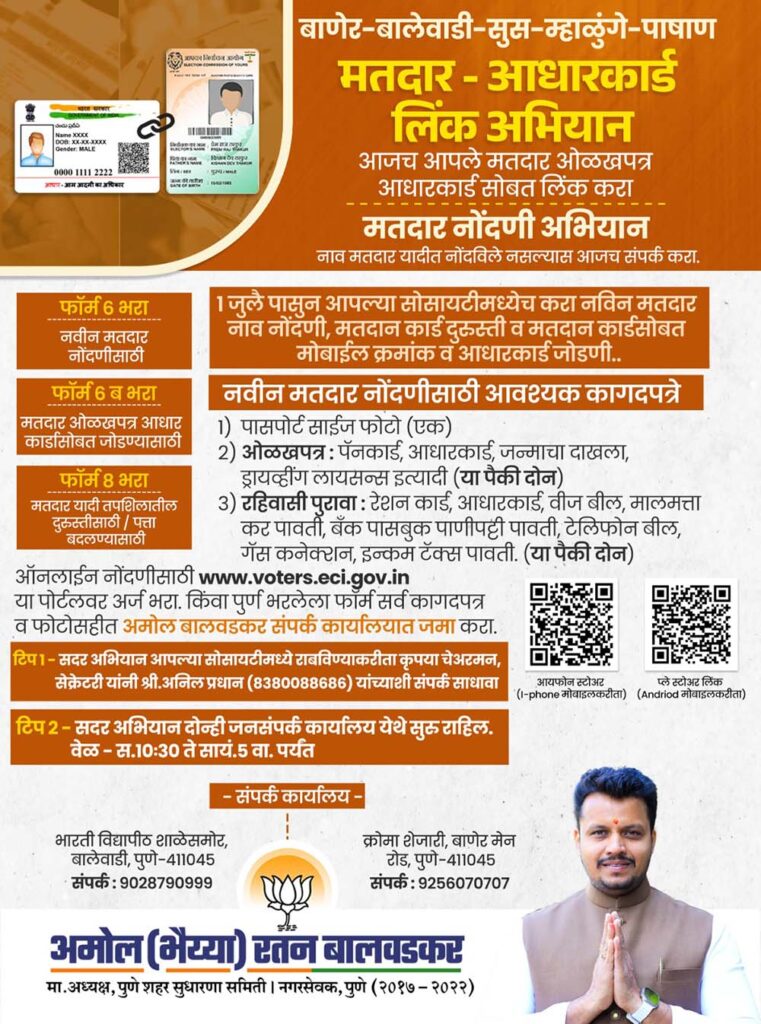UNESCO Calls for Global Ban on Smartphones in Schools to Improve Learning and Safeguard Students

The United Nations Educational, Scientific and Cultural Organization (UNESCO) has taken a firm stance on the use of smartphones in schools, advocating for a worldwide ban to address growing concerns over student distractions, declining learning abilities, and cyber-bullying risks.
UNESCO’s Global Education Monitoring Report emphasizes the impact of technology in education, revealing that excessive smartphone and mobile device use is adversely affecting students’ educational quality and emotional stability. The report contends that while digital technology has played a significant role in maintaining educational continuity during the pandemic, an overemphasis on digital education is now detrimental to students’ overall development.
A key concern highlighted in the report is that digital technology cannot replace the value of direct communication between teachers and students. Despite acknowledging the benefits of digital education, UNESCO stresses the importance of banning smartphones in schools to preserve the sanctity of traditional teaching methods and protect students from cyber threats.
The report also draws attention to the varying policies and regulations on education across different countries. UNESCO suggests that each nation should tailor its approach to integrating technology in education based on its specific needs and context.
Digitization of education has undeniably brought several advancements, including digital textbooks, QR codes for supplementary information, and the increasing prevalence of online learning in higher education. Additionally, Artificial Intelligence has been implemented in thousands of schools under the Central Board of Secondary Education. While these technological innovations have merits, UNESCO cautions against overlooking the negative side effects of excessive screen usage.
The adverse effects of increased screen time among students are manifold. These include a loss of concentration, growing restlessness and emotional instability, irritability, rebellious behavior, stunted physical and intellectual development, neglect of arts and sports, and weakened learning abilities.
In light of these challenges, UNESCO’s call for a global ban on smartphones in schools aims to reestablish a conducive learning environment and protect students’ well-being. By striking a balance between digital education and traditional teaching, educators and policymakers can pave the way for an effective and holistic learning experience for students worldwide.











